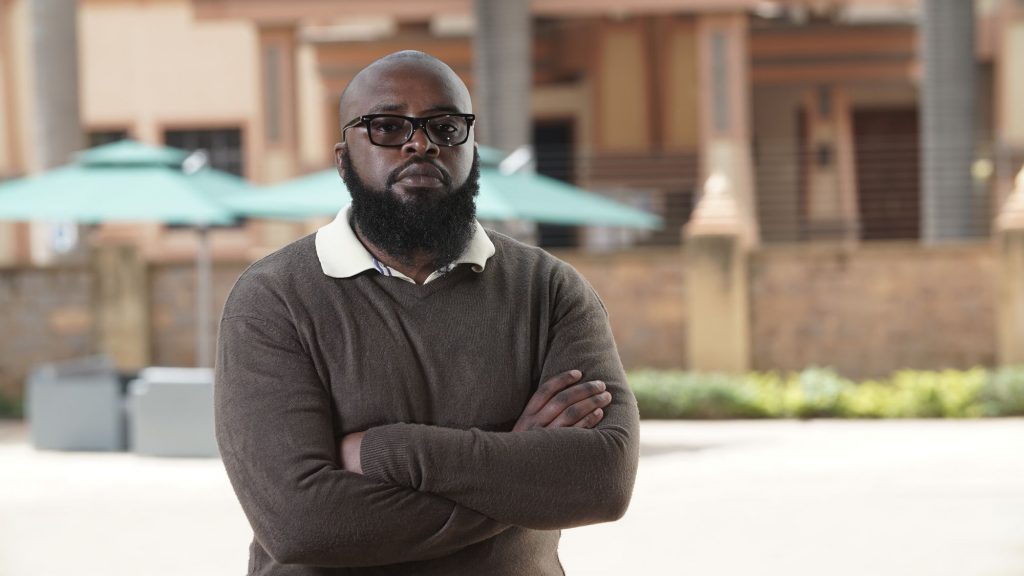Have you ever wondered how much easier travel has become, thanks to the digital innovations shaping our world? Exploring new destinations used to mean…
ABC’s first 105 blockchain programmers graduate

The first cohort of 105 blockchain developers who completed a programming training course has now graduated from the Africa Blockchain Centre (ABC). The six-month programme was run by a network of global experts, and taught students the core fundamentals of the technology and decentralised systems.
It took them through the various programming protocols with a focus on Cardano, Algorand and Ethereum.
The Africa Blockchain Centre is a Kenyan Web 3.0 company launched in September 2021 with a mission to propel Africa into the adoption of 4IR technologies by building capacity in blockchain programming and catalysing industry readiness. It offers solutions to enterprises seeking to explore the technology, and incubates blockchain start-ups and companies looking to transition from web 2.0 to web 3.0.
The 105 graduates are from 6 African countries including Kenya, Nigeria, Tanzania, Zambia, South Africa and Benin. Key learning points from the training that the learners were exposed to included decentralisation in information systems, an introduction to asset tokenisation, and cryptography in decentralised systems.
Jefferson Mkungusi, the CEO of Africa Blockchain Centre, believes that Africa has great untapped potential when it comes to web3 development.
“The youth that we have trained will be able to build innovative solutions that will enable Africa to leapfrog to a new era. The potential that blockchain has in solving some of the challenges that are facing Africa is massive, and we have not even scratched the surface.
“We aim to train 10 000 programmers, power 25 000 business leaders and executives on blockchain readiness, incubate 50 blockchain start-ups and launch robust solutions for the market in the next five years.”
As the demand for blockchain solutions increases, the global industry has a shortfall of skilled candidates. A recent study by LinkedIn and OKX using data collected from 180 countries between January 2019 and June 2022 revealed an imbalance in the supply and demand of talent in the global field, with qualified candidates in short supply.
Data from the report shows that the number of LinkedIn members working in the blockchain space has grown by 76% year on year through June, but the countries that produce the most professionals are experiencing a decline in talent growth.
“There is not enough talent because of how novel the technology is. The technology was conceptualized hardly 13 years ago and it has been under speculation for years with no established pipeline for talent in place. We see the sector’s rapid expansion and aim to become the sector partner when it comes to blockchain capacity,” says Mkungusi.
Many people enter it as a hobby, developing their skills self-taught, informally, online alongside their day job which also makes evaluating potential hires an extra challenge because recruiters and hiring managers may not know what to look for (or the particular red flags) due to their own lack of experience and knowledge.
“There has been a 17% increase in the last few years on projects utilizing blockchain,” adds Mkungusi.
“From acquiring infrastructure for transparency in information sharing, to digital assets deployment and many other use cases, blockchain is earning its seat at the revolutionary-tech table. The newly trained ABC cohort will therefore become an added value into the ecosystem as they are open for new opportunities to support organisations in need of expertise in Africa and globally.”
The Africa Blockchain Centre is welcoming blockchain stakeholders to enrol in their ecosystem and help them gain in-depth knowledge of functional and technical aspects of the technology as well as access the capacity they need to deploy solutions in their businesses and industries.
ALSO READ: Taking responsibility for using AI for good in Africa

